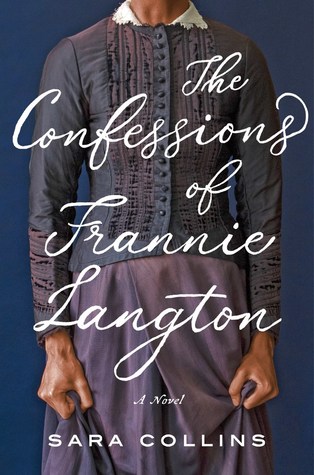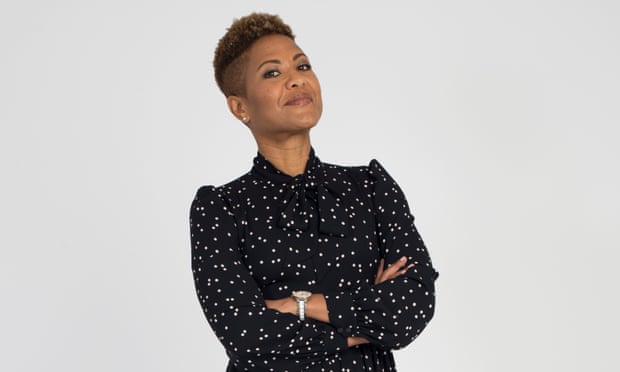Frannie Langton is a mulatta woman in 19th century England being tried for the murder of her master and his wife. She protests her innocence but gives us Confessions as her accounting. Gothic in style, The Confessions of Frannie Langton turns the typical slave narrative on its head. Although our protagonist makes it a point to say that she does not want to focus on the abomination that is slavery her testimony makes it hard to overlook these atrocities.
I could not help but make comparisons to Edugyan's Washington Black. The parallels that I saw between the two books were:
* Both looked at science and discovery in the 1800's and how the scientific method was both driven by and overlooked because of racial prejudice.
* Both protagonists are unaware of their mother's identity until they reach adulthood. Each faces the inherent abandonment issues of motherless children - the trauma suffered by the separation of families and loss of identity. In addition both Frannie and Washington must deal with the guilt and horror of the sins committed against these parents when they knew not who these women were, all at once realizing the supreme sacrifice that each of their mothers gave.
* Both were enamored with their enslaver. In the case of Washington it was Titsch. He simply could not see his faults or how he was being used for Titsch's own ends. He was more naive then Frannie and didn't come to realize that he was not valued or appreciated in the sense that he wanted to be. For Frannie it is her mistress whom she falls in love with. She gets her addicted to laudanum and takes advantage of her position. The old story of master raping and manipulating his slaves is well known and often seen in literature. Although we recognize that power is a potent intoxicating drug, we often don't consider that power is power regardless of who is wielding the sword.
Now Frannie is not innocent by any means. She has had her hands dirty and has committed her own crimes. Frannie also admits to being angry and how this anger has subsumed her and followed her throughout her life. But in the end The Confessions of Frannie Langton is about taking power over your own voice. This was evident when "Lightning Laddy" was relaying a story his mother told him as a child about the Asiki. The Asiki were changelings - African children stolen and transformed by witches so that not only their appearance changed but that they also lost their ability to talk along with their memories. The question posed was "What would they tell us if they did have tongues?" What of the exceptional Negro? Do they suffer the same as every other black? Are they used as pawns to perpetuate stereotypes and racist agenda? To answer those "well meaning" white abolitionists who bind the African by their stunted definitions and implicit racism Laddy Lightning replies: "Here's the rub. You asking me to speak for them. How can I? Why have you asked me? Because you look at a single black man and see all black men. As if one black man is representative of every member of his race. Allowed neither personality nor passion."
There were so many parts of this book that moved me. Both the language and the content were stirring. I am impressed. Bold. Absolutely refreshing.




